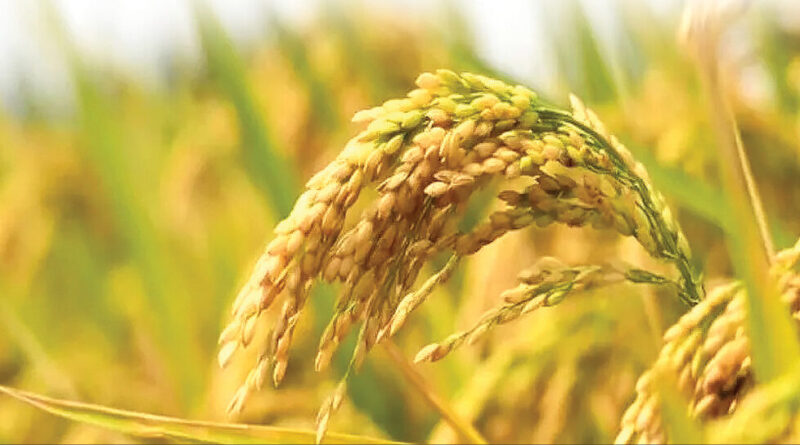Ludhiana: Sale of long-duration paddy varieties’ seeds banned in Punjab
To protect groundwater and reduce environmental pollution, the Punjab government has imposed a ban on the sale and sowing of long-duration paddy varieties such as Pusa 44 and certain hybrid seeds. The decision follows a recommendation from Punjab Agricultural University (PAU), Ludhiana, and aims to curb the growing water crisis and air pollution caused by stubble burning.
Chief agriculture officer of Ludhiana, Gurdeep Singh, said that these long-duration paddy varieties require more water and often face harvesting delays due to changing weather conditions. This not only creates problems at the time of marketing the crop but also affects the timely sowing of wheat. As a result, many farmers are forced to burn stubble to clear fields quickly, which severely pollutes the air.
He explained that such varieties are proving harmful to both water and air quality. If their cultivation continues, future generations may not have access to clean air or sufficient underground water. He appealed to farmers to act responsibly and choose more sustainable crop varieties for the sake of the environment and public health.
Dr Singh urged farmers not to transplant seedlings of Pusa 44 or hybrid varieties if already sown in nurseries. Instead, they should opt for recommended short-duration varieties like PR 126, PR 131, and PR 132. These mature faster, require less water, are less prone to pests and diseases, and are more profitable in the long run. He reassured that these varieties are easily available in the market and supported by the government.
The agriculture officer also warned that farmers trying to sell or market banned paddy varieties like Pusa 44 may face challenges during procurement. He encouraged them to cooperate in this collective effort to preserve Punjab’s natural resources for a healthier and more secure future.
This article has been republished from The Hindustan Times.

